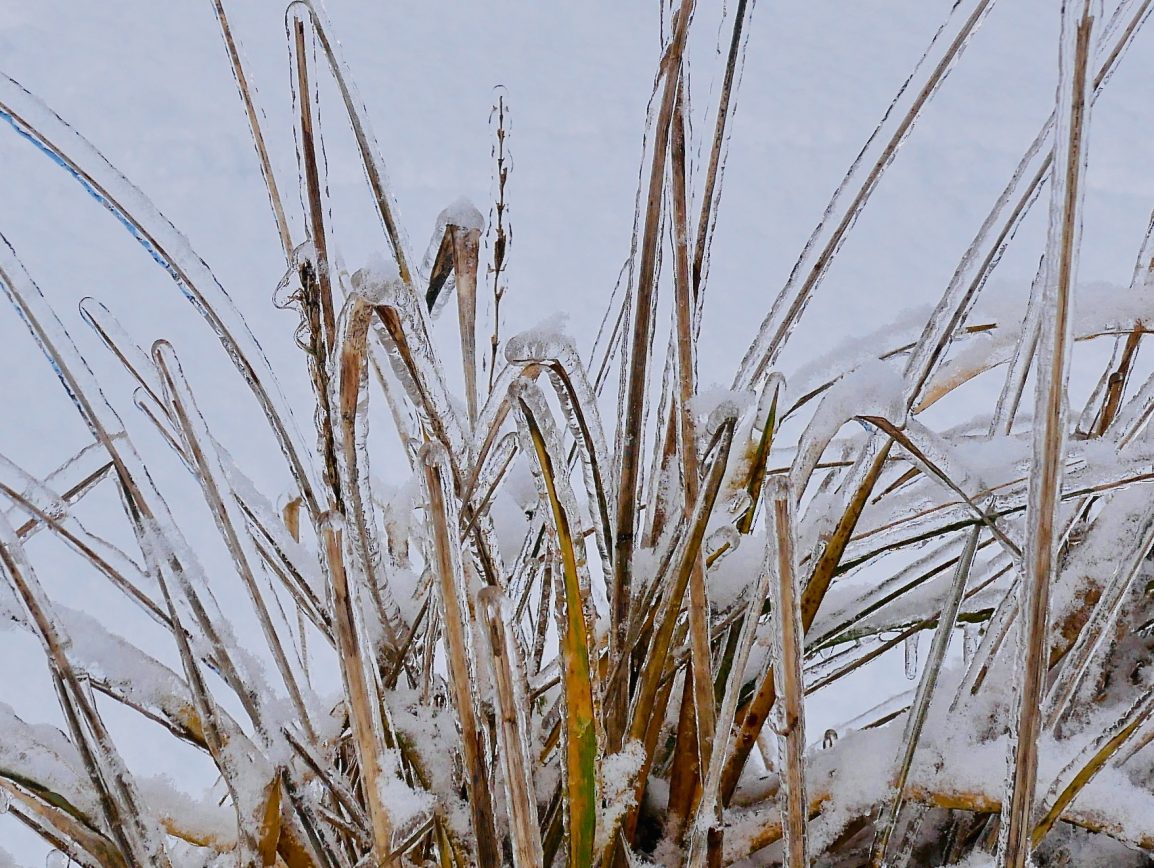I had a fun, and decidedly Alaskan experience, when I saw that one of the characters in my forthcoming novel, Lost Mountain, shares the name of a real guy who lives in Southeast. His name is Mike Trotter, and I ran across the name a few years ago in the Letters section of an issue of Alaska Magazine. I have since emailed him, and we are now Facebook friends.
It makes me realize that some of my other characters’ names are certainly out there in the real world. It likely would be easy to find them via Facebook, but I am not really sure I want to know. Better to imagine the others as I’ve visualized them, perhaps.
I sometimes choose names based on my love of assonance. Therefore, one of my protagonists is named Alan Lamb, while his antagonist is Dan Broderman. Note the echo of the short “a” and “an,” respectively. In several cases I use full, three-syllable names—i.e. Barbara, Carolyn, Patricia, rather than their shortened counterparts. (It’s just a personal preference. My friend and fellow writer Richard Chiappone will always be Richard to me; his wife tells me I am the only one who doesn’t call him Rich.)
Two of the women in Lost Mountain have unusual names. Dehlia, the other protagonist, is introverted and mysterious. The origin of the name is Greek, and it simply means “born on the island of Delos.” In my novel she is of Greek descent. I chose the name because it sounds exotic, especially with this alternate spelling. Wikipedia tells me that Delia, with no “h” does appear in a Yeats play as well as in a Zora Neal Hurston short story. But even this spelling seems uncommon in literature.
Another antagonist in my novel is Meredith. Again, it is an unusual name, and I hoped that in using it her character would stand apart. Apparently the Welsh name means, in one translation, Sea Lord. There could be a kind of irony in my selection of this name that I can capitalize on. You’d have to read the novel to see if you agree.
Choosing fictional names is one of the most creative aspects of writing fiction. William Faulkner, arguably, was a master at this part of our craft. Character names like Joe Christmas, Flem Snopes and V.K. Ratliff have a way of sticking around. I remember feeling both empathy and revulsion for Christmas and largely revulsion for Flem Snopes. His first name is of course a homonym of Phlegm, a kind of viscous lugie that is hard to spit out, much as one wants to be rid of it. Ratliff is rather obvious, perhaps, but instead of being merely a shady wheeler-dealer, he also has a sense of humor and knows the people and the country in a way that affords him respect.
Another memorable name for me is Mr. Tench, the dentist in Graham Greene’s The Power and the Glory. The name Tench, says Google, actually refers to a type of freshwater fish. I suppose one could go with symbolism here to say that Tench is a fish in an arid Mexican desert, thus trapped in a less than suitable environment. But Tench always felt weird on my tongue; I think it’s that the name seems to be missing an “r.” We know the word Trench, but Tench? It feels foreign, unfamiliar in a creepy way. And in this case, I remember too well the opening of the book, where that character stands outside and buzzards begin wheeling overhead.
I recently revisited Flannery O’Conner’s short story “Good Country People.” It had been years since I’d read it, and all I seemed to remember was that the girl had a wooden leg. Coming back to it, I was amazed at O’Conner’s sardonic wit in playing with her main character’s name. The girl’s real name is Joy but she wants to go by Hulga, which is the ugliest name she can conjure.
Hulga (Joy) Hopewell is cynical and smart, with a PhD in philosophy. Because of her disability she lives with her mother, although she is in her early thirties. She reacts to her mother’s naïve worldview by taking the hideous name Hulga. It’s about the most biting insult she could deliver to her mom.
This is such a fun topic. I’d love to hear your own experiences in selecting names for your fictional characters.


it’s true, Anne. You are the only one who calls me Richard, now that my mother is gone. Not that you remind me of my mother. She was opinionated, loud, and persistent in her views. Nothing like you.
Since I write historical fiction, I often use names that were common in the time period. But certain characters beg for more unusual names.
Charles Dickens is another classic author who made up names–Uriah Heep, Mr. Micawber, and others wouldn’t be the same with ordinary names!